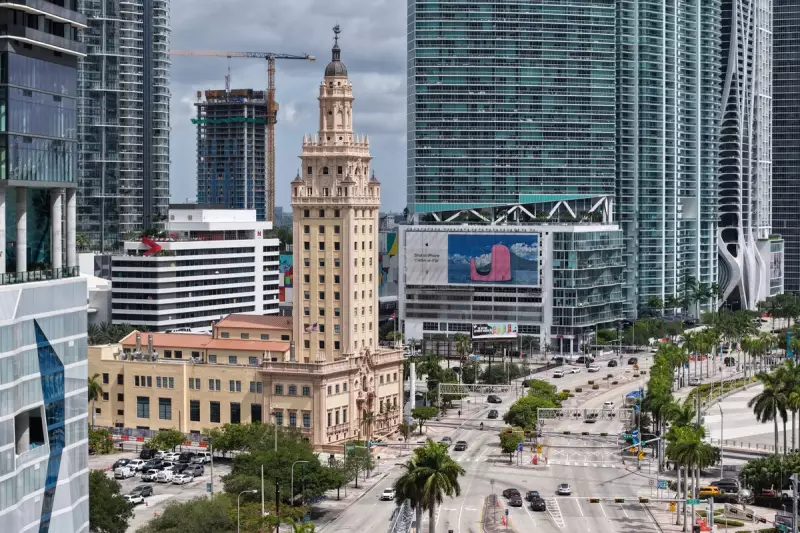
In a significant setback for Donald Trump's post-presidential legacy, ambitious plans to establish a presidential library and museum in Miami have been effectively blocked. The move comes not from a federal decision, but from a quiet legislative manoeuvre by Florida's own governor and former Republican primary rival, Ron DeSantis.
The Bill That Buried the Dream
Earlier this year, Governor DeSantis signed into law a sweeping bill that, while primarily focused on a range of state budgetary measures, contained a crucial clause prohibiting the use of public funds for the development of any presidential library. This legislation has directly thwarted the proposal to build a Trump-centric complex on the grounds of Miami Dade College.
The plan, which had been in preliminary discussions, envisioned more than just a traditional archive. It aimed to create a major tourist attraction, potentially featuring a museum and conference centre, celebrating the tenure of the 45th President.
A Political Power Play
The rejection is seen by many political analysts as the latest chapter in the protracted and often bitter rivalry between Trump and DeSantis. After a contentious Republican primary battle where Trump frequently mocked the governor, this legislative block is interpreted as a decisive countermove from the Florida leadership.
"This was a very clear message from DeSantis," said a political science professor from a London-based university. "It underscores that even in Trump's adopted home state, there are political forces that can and will challenge his influence. It's a stark reminder that legacy-building often requires political cooperation, which is currently in short supply for Mr. Trump."
What's Next for Trump's Legacy?
With the Miami pathway closed, the question of where a future Donald J. Trump Presidential Library will be built remains entirely open. Unlike his modern predecessors, Trump does not have an obvious affiliated academic institution to host his archive.
Potential options now could include:
- Seeking a private development: Funding and building a library entirely with private donations, bypassing state aid altogether.
- Looking to another state: A more politically friendly state might welcome the economic and tourist potential of a presidential library.
- A non-traditional approach: Given his unconventional presidency, Trump may opt for a completely different model of preserving and presenting his legacy, potentially with a heavier emphasis on digital presence.
This development leaves a major question mark over how one of the most controversial presidencies in American history will be formally documented and presented to the public for generations to come.






